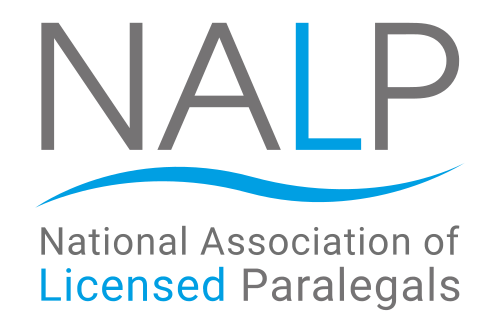In an era where access to justice is increasingly recognized as a fundamental human right, the escalating costs of legal representation pose a significant barrier for many. This financial barrier not only impedes the pursuit of legal remedies but also undermines the principles of fairness and equality before the law. In response to this growing concern, the concept of the McKenzie Friend has emerged as a beacon of hope, offering a cost-effective alternative for those navigating the complexities of the legal system, particularly within the context of family courts.
The Role of McKenzie Friends
Originally established in England and Wales, the role of McKenzie Friends has expanded across various jurisdictions, embodying the principle of accessible legal support. Named after a landmark legal case in the 1970s, McKenzie Friends assist litigants who are representing themselves in court, offering moral support, helping with case paperwork, and providing general advice. Although they do not have the right to act as legal representatives, speak in court, or offer legal advice, their presence can be invaluable. They serve as a guiding light through the procedural labyrinth of the legal system, making the process less daunting for those without formal legal training.
Financial Implications
The financial benefits of utilizing McKenzie Friends are significant. With the costs of hiring solicitors or barristers often running into thousands, if not tens of thousands, the option of a McKenzie Friend becomes not just attractive but necessary for many. While some McKenzie Friends volunteer their services for free, others charge a modest fee, which is invariably a fraction of the cost of professional legal representation. This affordability does not just open the doors of the courtrooms to more people; it democratizes the process of seeking justice.
Impact on Access to Justice
The rise of McKenzie Friends is a direct response to the broader socio-economic trends affecting access to legal services. Legal aid cuts and the increasing cost of living have left many individuals in a precarious position, unable to afford the legal representation they need to assert their rights effectively. By providing a cost-effective alternative, McKenzie Friends not only bridge this gap but also embody the spirit of community and solidarity, stepping in where the state has stepped back.
Challenges and Considerations
However, the use of McKenzie Friends is not without its challenges. Concerns have been raised about the variability in the quality of support provided, the lack of formal legal training, and the potential for unregulated advice. In response, some jurisdictions have begun to explore regulatory frameworks to ensure that McKenzie Friends meet certain standards, balancing the need for affordable support with the imperative of protecting the public.
The Future Landscape
Looking forward, the role of McKenzie Friends is likely to evolve further. As awareness grows and legal systems continue to grapple with the need for accessible legal support, the demand for McKenzie Friends is expected to rise. This trend presents an opportunity for innovation, including the development of training programs, certification schemes, and digital platforms that connect litigants with McKenzie Friends. Such advancements could enhance the quality and effectiveness of the support provided, making the journey through the legal system less daunting for those who find themselves navigating it alone.
Conclusion
The McKenzie Friend stands as a symbol of the broader movement towards democratizing legal support, offering a lifeline to those who might otherwise be forced to navigate the legal system without assistance. By providing cost-effective alternatives, McKenzie Friends not only facilitate access to justice but also reflect a collective commitment to the principles of fairness and equality. As we move forward, the challenge will be to ensure that this model of support continues to evolve, ensuring that it remains accessible, reliable, and effective for all who need it.



